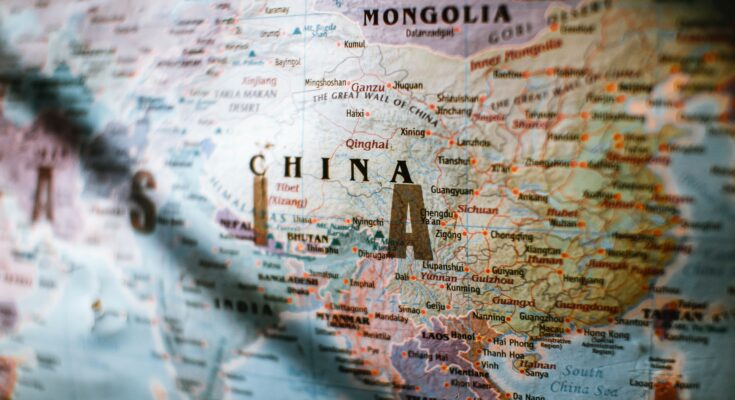After achieving impressive growth in the number of brands, offers, and technology, China was preparing to flood the international market with an offer of electric cars that experts indicated is five years ahead of the West. But now the Beijing government has decided to lightly step on the brakes on expansion outside its borders. For many analysts, this is due to several factors, but regulations in export destination countries probably take up the largest proportion.
According to the Chinese government, this decision has been made since there is not enough external demand to cover the production potential of its factories.
The Financial Times reports that China’s Vice Minister of Industry and Information Technology, Xin Guobin, stated that: “the government will take strong measures to address the establishment of new electric vehicle projects by some local authorities and companies.”
This means, analysts say, that the government is aware of growing concerns in Europe and the United States about the rapid rise of electric cars made in China, and the damage their growth can cause to their local industries. An aspect that has made the idea of increasing protectionist measures flourish.
The European Union has launched an investigation into the low prices of Chinese electric cars in Europe, which it claims are “kept artificially low thanks to huge state subsidies.”
This has allowed China to become a car production and export force, even managing to surpass Japan as the world’s leading exporter last year. Analysts say that the measure to reduce exports could help the West close the technological and cost gap with Chinese manufacturers, and allow them to more firmly cushion the inevitable onslaught of the Asian giant’s groups.
At the moment only the United States has taken tough measures against the entry of electric cars from China. Measures that add tariffs, exclude from public subsidies models manufactured outside its borders, and even those manufactured within but that use batteries from China. A measure that has the consequence that these models cannot access government aid that is a minimum of $7,500, plus that granted by some states. The economic slab that not even Chinese manufacturers are able to overcome.
The measures of the United States administration were introduced to help the American electric vehicle industry, which in addition to stopping the Chinese, have encouraged investments within the country in sectors such as battery production, with a large number of new projects that will benefit from the rain of millions in subsidies from the American administration.
Europe is undecided in the face of the Chinese avalanche
For its part, in Europe, the issue is still at an early stage. The EU has confirmed that it is investigating whether Chinese manufacturers have received illegal aid, such as low-interest financing, which has allowed their manufacturers to grow exponentially, and, according to the EU, in breach of competition rules. For its part, the United Kingdom, according to the British newspaper The Daily Telegraph, is analyzing the situation to put on the table the danger of dependence on China in sectors such as the automobile, but also in the production of solar panels and batteries. A potential “risk to public safety” according to the administration, which could end with tariffs in different sectors.
A sector, that of the electric car, will continue to grow in 2024, and according to estimates, sales from last year, 10.46 million units, are expected to increase to 12 million. Triple what was achieved in 2020, and of which, at least 50% will be manufactured in China.
Fear of cheap Chinese electric cars prompts traditional manufacturers to launch affordable cars
The question now will be whether Europe will adopt protectionist measures, like the United States, something that has its pros, such as increased local production and fewer emissions by reducing shipments by ship.
But there are also cons, such as the loss of competitiveness of the sector, in a scenario that favors traditional groups that will be tempted to take their foot off the accelerator, keeping their proposals on the market longer without improvements or price drops. There are also risks for the supply chain of materials such as rare earths, almost entirely in the hands of China, which could respond by banning their export, and which would have a doubtful result on the production capacity of the West. However, competition must remain and another Asian giant continues to work within the niche it best dominates as Nissan announced a transformative £2 billion plan for its Sunderland plant in the UK. Japan may be a bit behind in the electric car industry but it is ready to pick up where European manufacturers left off. The world is constantly changing and perhaps what is truly eternal is change itself.



